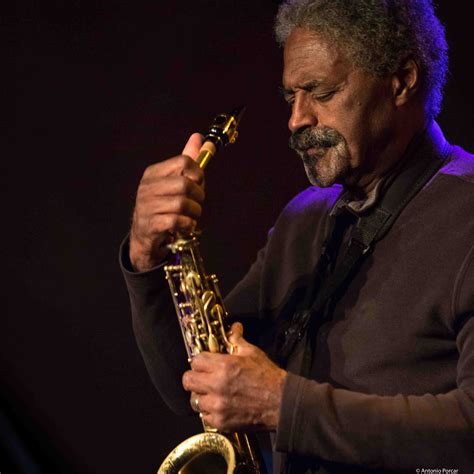A Quote by Charles Dickens
He lived in chambers that had once belonged to his deceased partner. They were a gloomy suite of rooms, in a lowering pile of building up a yard, where it had so little business to be, that one could scarcely help fancying it must have run there when it was a young house, playing at hide-and-seek with other houses, and forgotten the way out again.
Related Quotes
Though I leave the house as little as possible, I have the impression that someone is disturbing my papers. More than once I have discovered that some pages were missing from my manuscripts. A few days afterward I would find the pages in their place again. But often I no longer recognize my manuscripts, as if I had forgotten what I had written, or as if overnight I were so changed that no longer recognized myself in the self of yesterday.
I enjoyed [playing lawyer in From The Hip] as an ode to my dad. My dad went to Harvard and Harvard Law School, so he had some friends that practiced in Boston. So, there was a big law firm that he hooked me up with the senior partner, then the senior partner hooked me up with a young lawyer who worked in the firm. And the young lawyer was married to a public defender. So I would hang out with them, and I could see both sides of it, those that are corporate attorneys and those that help the poor and the disenfranchised.
It was like I lived in a little suburban neighborhood in the middle of New York City because I could run around barefoot or, you know, completely independently from a very young age in the safety of this building where I knew everybody and where I had friends on every floor, and I knew the bellmen in the lobby.
My father had not been outside the house except to drive back and forth to work or sit out in the backyard, for months, nor had he seen his neighbors. Now he looked at them, from face to face, until he realized I had been loved by people he didn't even recognize. His heart filled up, warm again as it had not been in what seemed so long to him- save small forgotten moments with Buckley, the accidents of love that happened with his son. ~pgs 209-210; Buckley, Lindsey and Jack on Susie
I met the pianist Barry Harris when I was about fifteen. He would show me changes, which I had no idea existed. I knew about scales, but I didn't think about chords. I was fortunate in that he lived right around the corner so I'd be at his house almost every day and he showed me about playing melodies over chords. After about three years, I could play some gigs. I worked with drummer Roy Brooks and other guys my age at that time, like trumpeter Lonnie Hillyer. Some of the older guys were Paul Chambers, Doug Watkins and Louis Hayes
… that sour blend of loneliness and lust for recognition, shyness and extravagance, deep insecurity and self-intoxicated egomania, that drives poets and writers out of their rooms to seek each other out, to rub shoulders with one another, bully, joke, condescend, feel each other, lay a hand on a shoulder or an arm round a waist, to chat and argue with little nudges, to spy a little, sniff out what is cooking in other pots, flatter, disagree, collude, be right, take offence, apologise, make amends, avoid each other, and seek each other’s company again.
The past--the wild charge at the head of his men up San Juan Hill; the first years of his marriage when he worked late into the summer dusk down in the busy city for young Hildegarde whom he loved; the days before that when he sat smoking far into the night in the gloomy old Button house on Monroe Street with his grandfather-all these had faded like unsubstantial dreams from his mind as though they had never been. He did not remember.
As the Little House settled down on her new foundation, she smiled happily. Once again she could watch the sun and moon and stars. Once again she could watch Spring and Summer and Fall and Winter come and go. Once again she was lived in and taken care of. Never again would she be curious about the city... Never again would she want to live there... The stars twinkled above her... A new moon was coming up... It was Spring... And all was quiet and peaceful in the country.
He read the letter again, but could not take in any more meaning than he had done the first time and was reduced to staring at the handwriting itself. She had made her g's the same way he did : he searched through the letter for every one of them, and each felt like a friendly little wave glimpsed from behind a veil. The letter was an incredible treasure, proof that Lily Potter had lived, really lived, that her warm hand had once moved across this parchment, tracing ink into these letters, these words, words about him, Harry, her son.




































